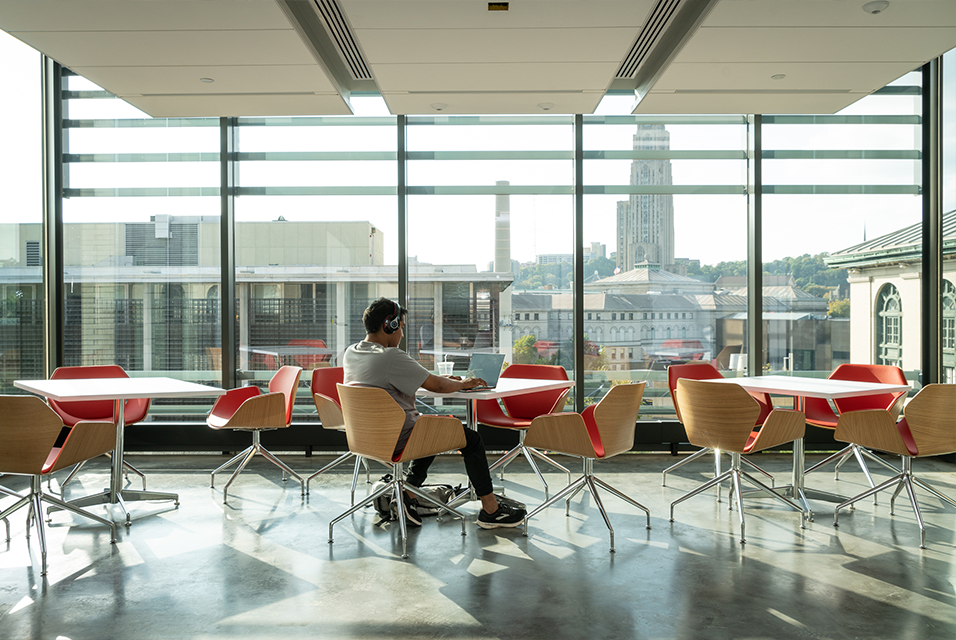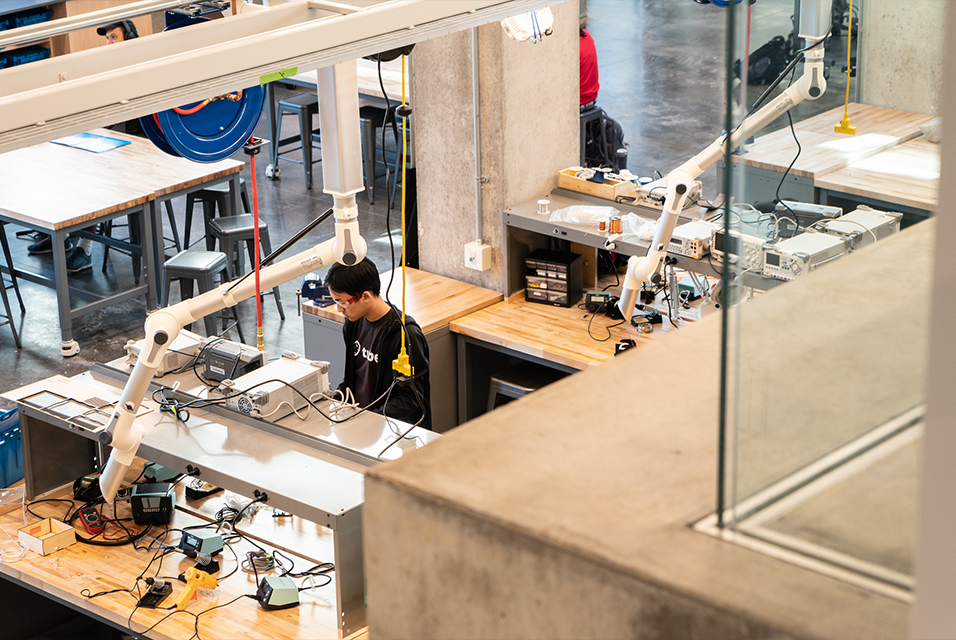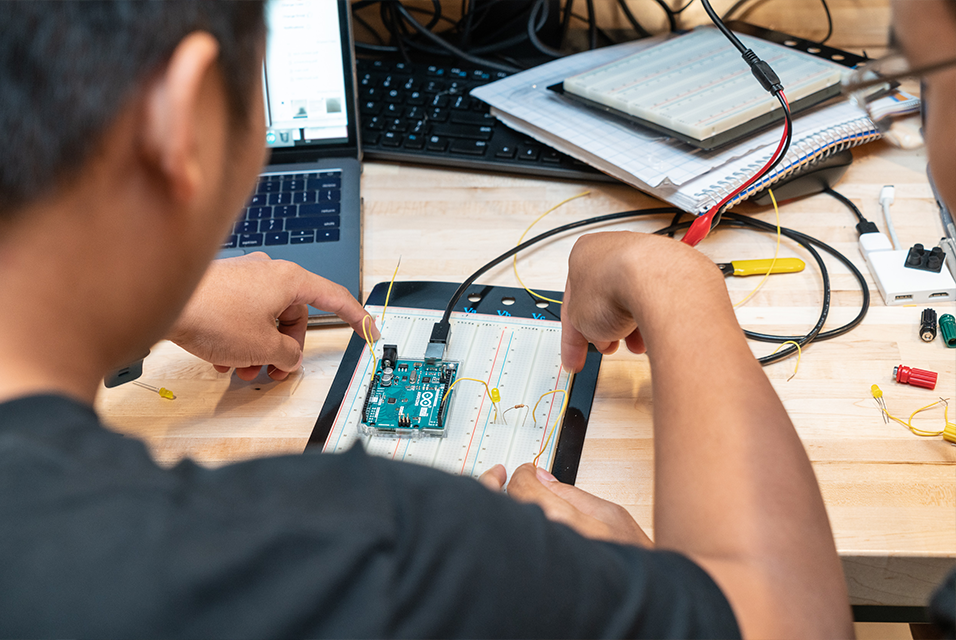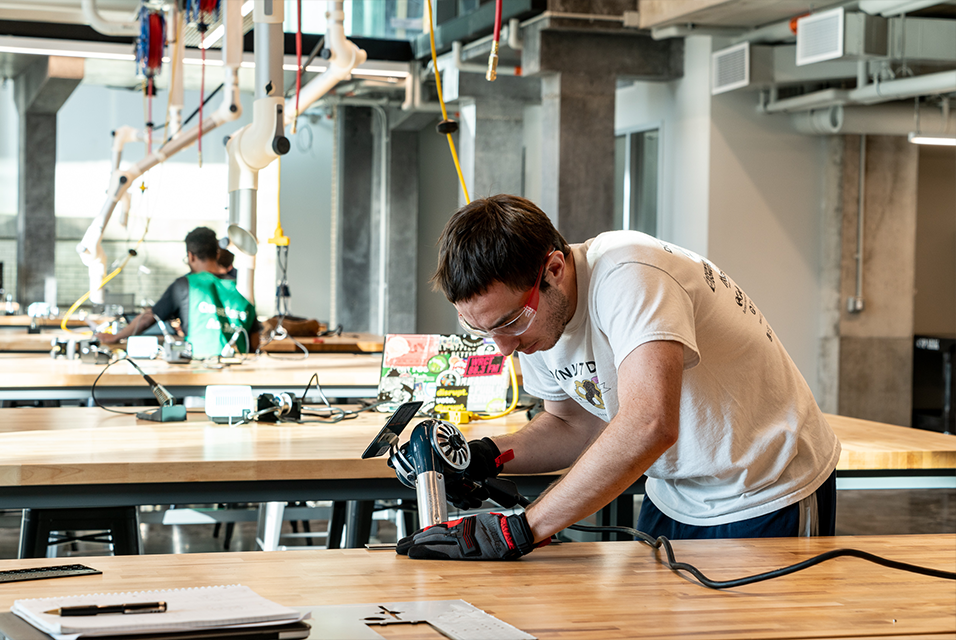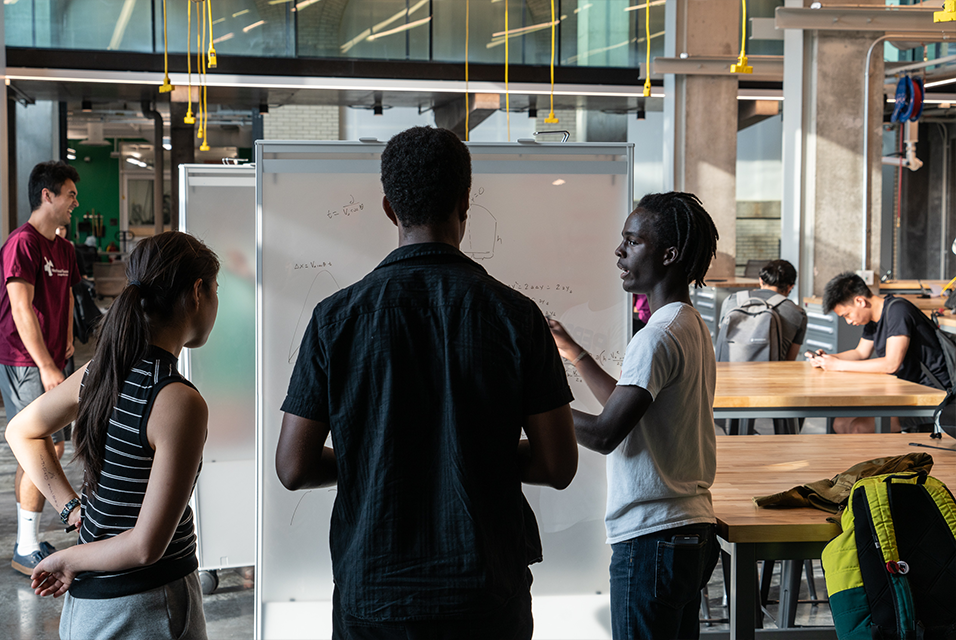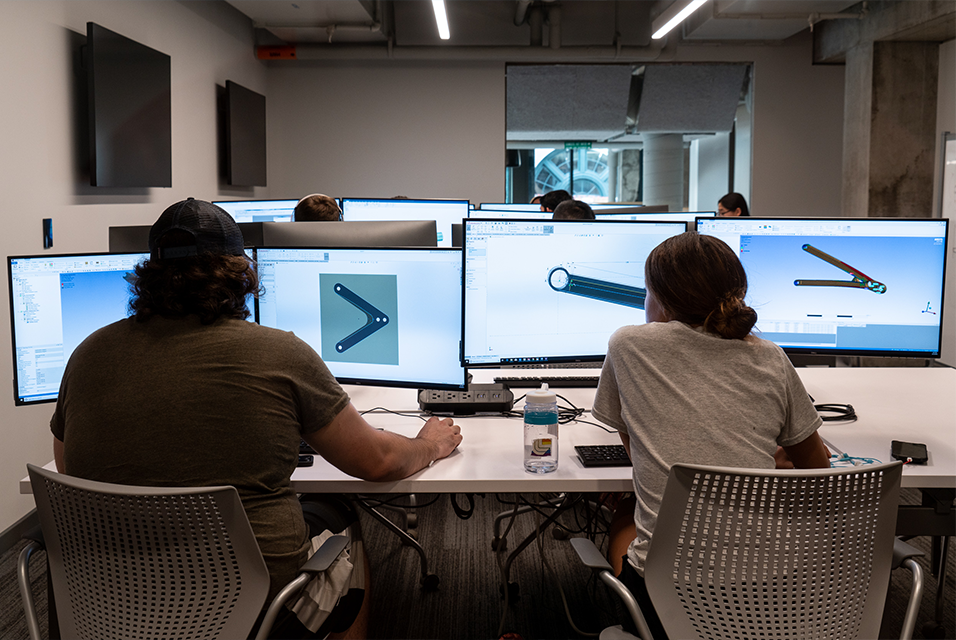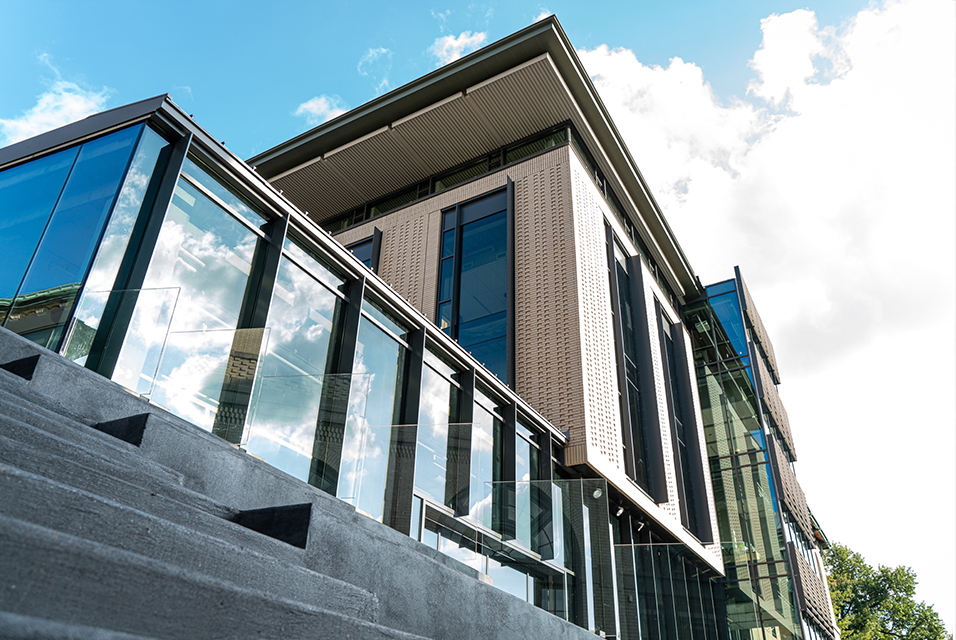Carnegie Mellon University announces ANSYS Hall opening
Students will rapidly transform their ideas from digital concepts to physical prototypes—in the same facility.
ANSYS and Carnegie Mellon University announce the opening of ANSYS Hall, a world-class maker facility where students, faculty, and collaborators innovate and interact with cutting-edge simulation and fabrication tools.
The opening ceremony will take place on Thursday, October 31 on the university’s campus.
“ANSYS Hall supports a world-class education and hands-on fabrication experience for all students, faculty, and other collaborators in a unique environment of intellectual mixing and ‘rubbing elbows’,” said Jonathan Cagan, interim dean of the College of Engineering.
The 36,000-square-foot building features glass high bay walls and a garage door, windowed learning spaces, and a mezzanine walkway the serve as an open connection between classroom and community, providing ample opportunities to observe learning-by-doing in action. Resources include a design studio, engineering education labs, fabrication tools and workshops, a computer cluster, and multiple collaboration spaces with bright, natural light.
After completing appropriate training, students from every discipline (as well as faculty and staff) may use the facilities to transform their ideas into tangible results—not only for coursework but also for club activities, entrepreneurship, and fun.
Students have access to the ANSYS solution portfolio of software, enabling them to explore, simulate, and analyze solutions for real-world engineering challenges. Because a great deal of innovation happens during the manufacturing process, future engineers will need to learn to use simulation tools routinely to accelerate the speed and effectiveness of innovation. This mean shorter product development cycles and final products that are better quality and quicker to manufacture.
“The tight coupling of simulation and making in ANSYS Hall will allow students to rapidly transform their ideas from digital concepts to physical prototypes in the same facility,” said Allen Robinson, head of the Department of Mechanical Engineering.
ANSYS’ research expertise intersects broadly with Carnegie Mellon’s, making it an ideal collaboration that touches diverse fields, such as autonomous vehicles, additive manufacturing, biomedical devices, sustainability of physical products and connected products.

